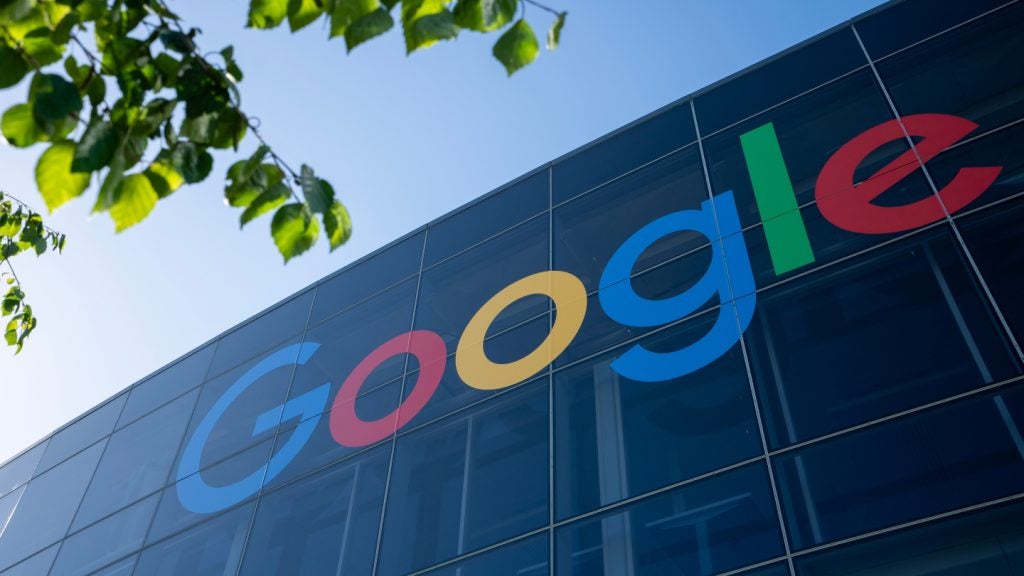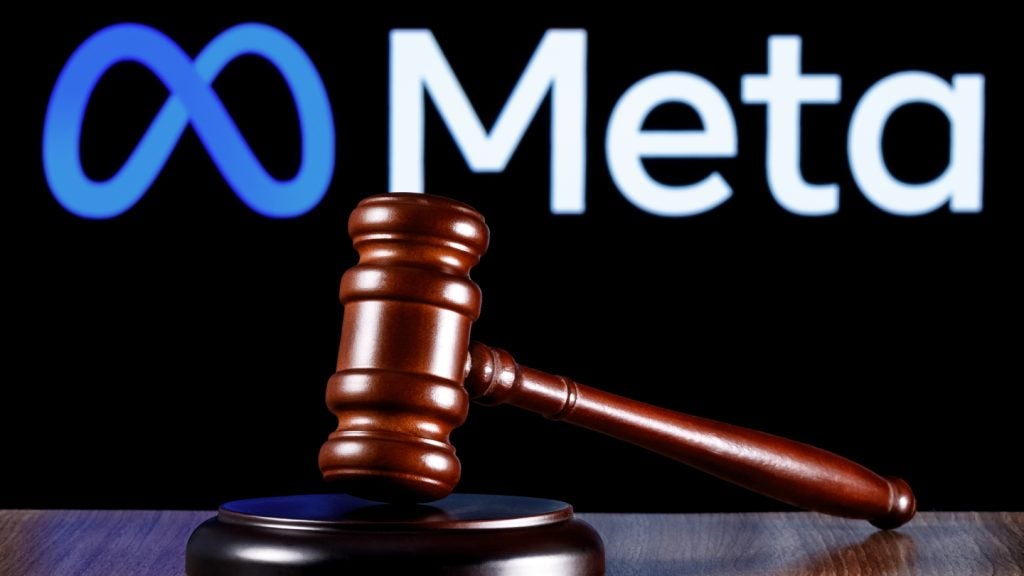
Virtual reality awareness among consumers has taken a nosedive since 2017, despite entering consumer consciousness several years ago on a wave of optimism.
According to research by ReportLinker, 23% of people are now very familiar with the technology and can explain it to others, compared to 36% in 2017. Conversely, the number of people who have heard the term but cannot explain what it is has risen over the same period, from 46% to 56%.
Fewer people now say they have experienced virtual reality (VR), with 14% compared to 30% in 2017.
Concerningly, perceptions of the technology have also turned sour. While in 2017 76% of people had a positive attitude towards VR, this has now dropped to 62%.
Budget VR brands lead consumer virtual reality awareness
Notably, when it comes to brand recognition, it is not the VR heavyweights the Oculus Rift and HTC Vive – generally considered to be the technological leaders in the field – that attract the most consumer awareness.
Instead, Samsung is the most widely known brand in the field, thanks to the Gear VR, its headset for its line of smartphones.
How well do you really know your competitors?
Access the most comprehensive Company Profiles on the market, powered by GlobalData. Save hours of research. Gain competitive edge.

Thank you!
Your download email will arrive shortly
Not ready to buy yet? Download a free sample
We are confident about the unique quality of our Company Profiles. However, we want you to make the most beneficial decision for your business, so we offer a free sample that you can download by submitting the below form
By GlobalDataIn second is Sony thanks to its PS VR headset for the PlayStation 4, which is widely considered to be a technological mid-point between smartphone VR and fully fledged PC-run systems.
Oculus comes in third, however HTC fails to enter the top three at all.
While budget brands lead the way, brand recognition has taken a significant hit in general.
While Samsung was recognised by 35% of consumers as a name in this space in 2017, this has now dropped to just 10%. Sony has also taken a dive from 20% to 8%.
Alarm raised for consumer VR industry
The research is likely to be a cause for considerable alarm for the consumer VR industry, which was highly effective at attracting consumer interest and support when these products initially launched, but appears to have failed to sustain the momentum behind the technology.
If the industry is to regain consumer interest, it is likely that it will do so through a new generation of the technology, which corrects consumer concerns with current models while offering improved content.
Meanwhile, however, the enterprise VR space is seeing steady but notable adoption, suggesting that – at least for now – the technology is better suited to the realm of business.







